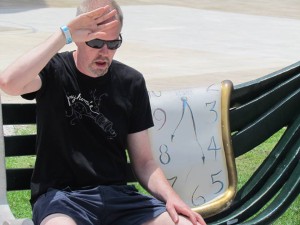Got a voice message today that said my computer was sending a lot of errors and if I wanted to connect to a Microsoft engineer I should press 1. Except…I’m on a MAC!

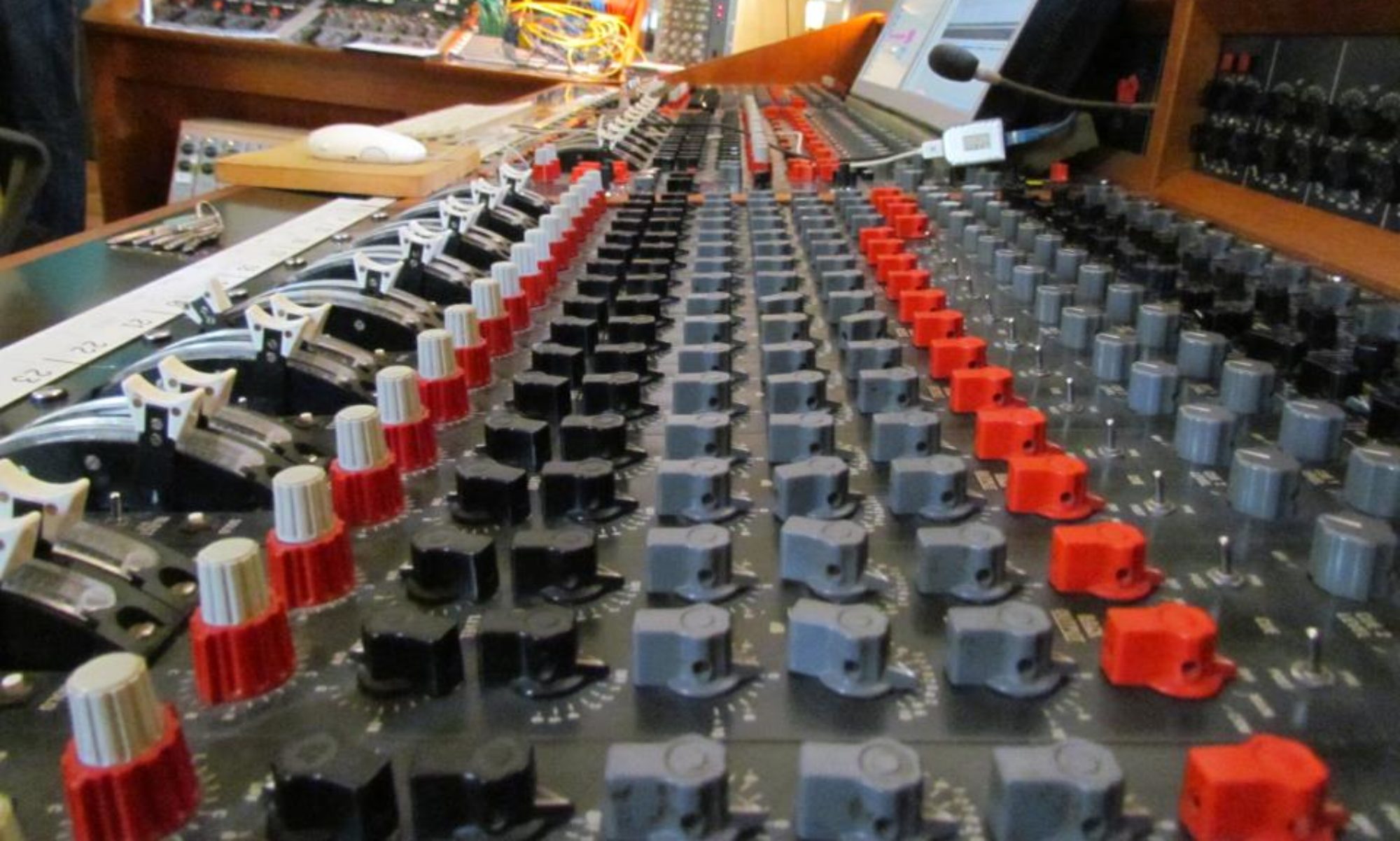
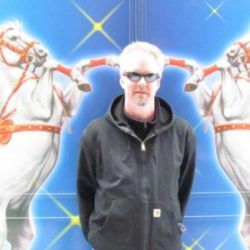
Audio Wizardry and Related Sciences
If you want to hear me wax poetic about Sound Design, then this workshop is for you.
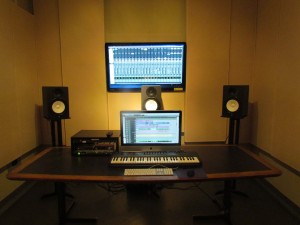
Hmmm, rare Renaldo and Loaf tapes arrived today

View from our apartment as the hurricane approaches. Time to leave!
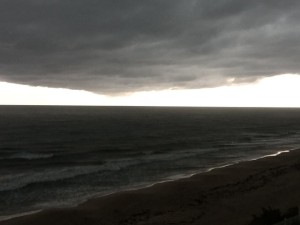
At the zoo, I got a rare look at the invasive Homo Erectus building a nest!
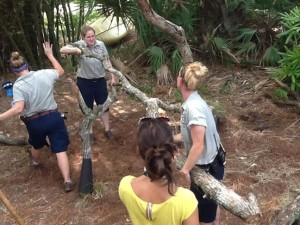
It’s so hot here that time just melts away!
